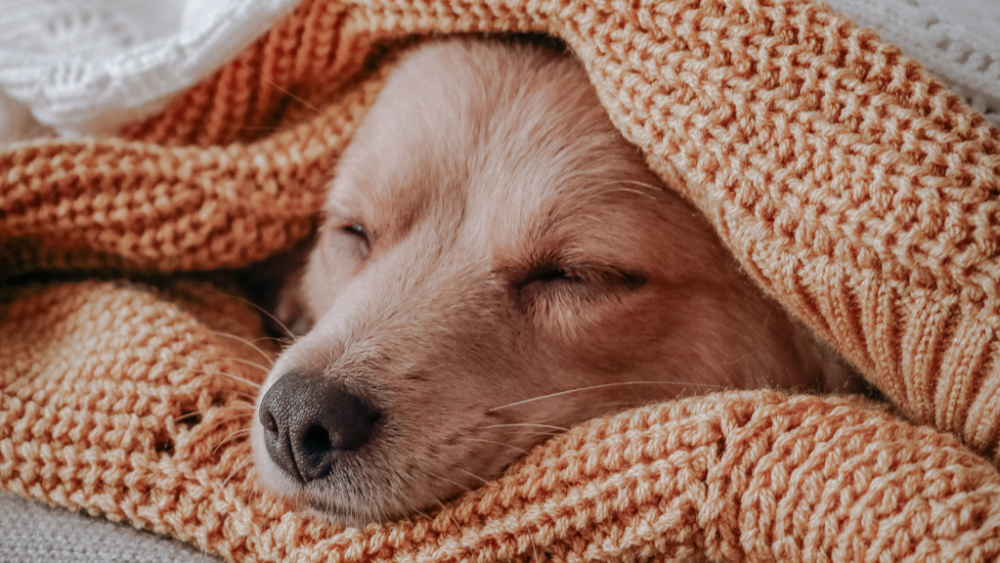What is Parvovirus (parvo)
Parvovirus (canine parvovirus or CPV) is a highly infectious disease that can affect all dogs. Once infected, animals will be extremely poorly, and many will not recover from the condition.
Jennifer’s tip
Parvo is a serious disease not to be taken lightly – make sure you are well informed on the signs – the Blue Cross website has more information on the subject.
The virus attacks cells in a dog’s intestines and stops them from being able to absorb vital nutrients. This means that a dog or puppy will become very weak and dehydrated.
Several Vets throughout the UK have issued urgent warnings over recent spikes in the condition which could be linked to the COVID-19 pandemic. For this reason, we thought it would be good to tell you what to look out for, when to be worried and what to expect.
How to spot Parvo?
If your dog is unwell and you think it may have parvo, here are eight signs to look out for.
- Profuse, bloody diarrhoea
- Vomiting
- Loss of appetite
- Dehydration
- Lethargy
- Abdominal pain
- Weakness
- Collapse
Jennifer’s tip
If you think your animal has Parvo, contact your vet immediately and be sure to mention your suspicions because quarantine procedures will need to be taken to prevent your puppy from infecting other dogs.
Most at risk of contacting Parvo
The animals most at risk of contracting the disease are unvaccinated dogs and puppies younger than four months old.
Treating Parvo
Treatment cannot be given at home because it includes IV fluids and the management of electrolytes. Antibiotics are usually issued to prevent secondary infections, as well as medications to help relieve the symptoms. Puppies are usually given de-wormers as well because many puppies have intestinal parasites that can worsen diarrhoea symptoms
Recovery time
Dogs infected with parvo will recover between 5 to 10 days depending on the severity of the infection. Since the immune system is very weak during this time, it’s possible the dog may pick up a secondary infection that can lead to an increase in the recovery time.
Preventing Parvo
The best prevention is to get your puppies vaccinated once they are six weeks old.
Good housekeeping using a suitable disinfectant can help prevent the virus from spreading for example Save4 disinfectant Safe4 (at 1:50 for CPV kill).
Can humans catch Parvo
Humans can’t get parvo from their dogs, but because it is highly infectious, it is possible to be passed on from one dog to another via clothes, shoes or hands.
Jennifer’s tip
The best protection you can give your animal is to keep up to date their required vaccinations, including kennel cough inoculation. It is for this reason we cannot accept animals into Cow Hill if they have not been vaccinated.




Comments are closed.